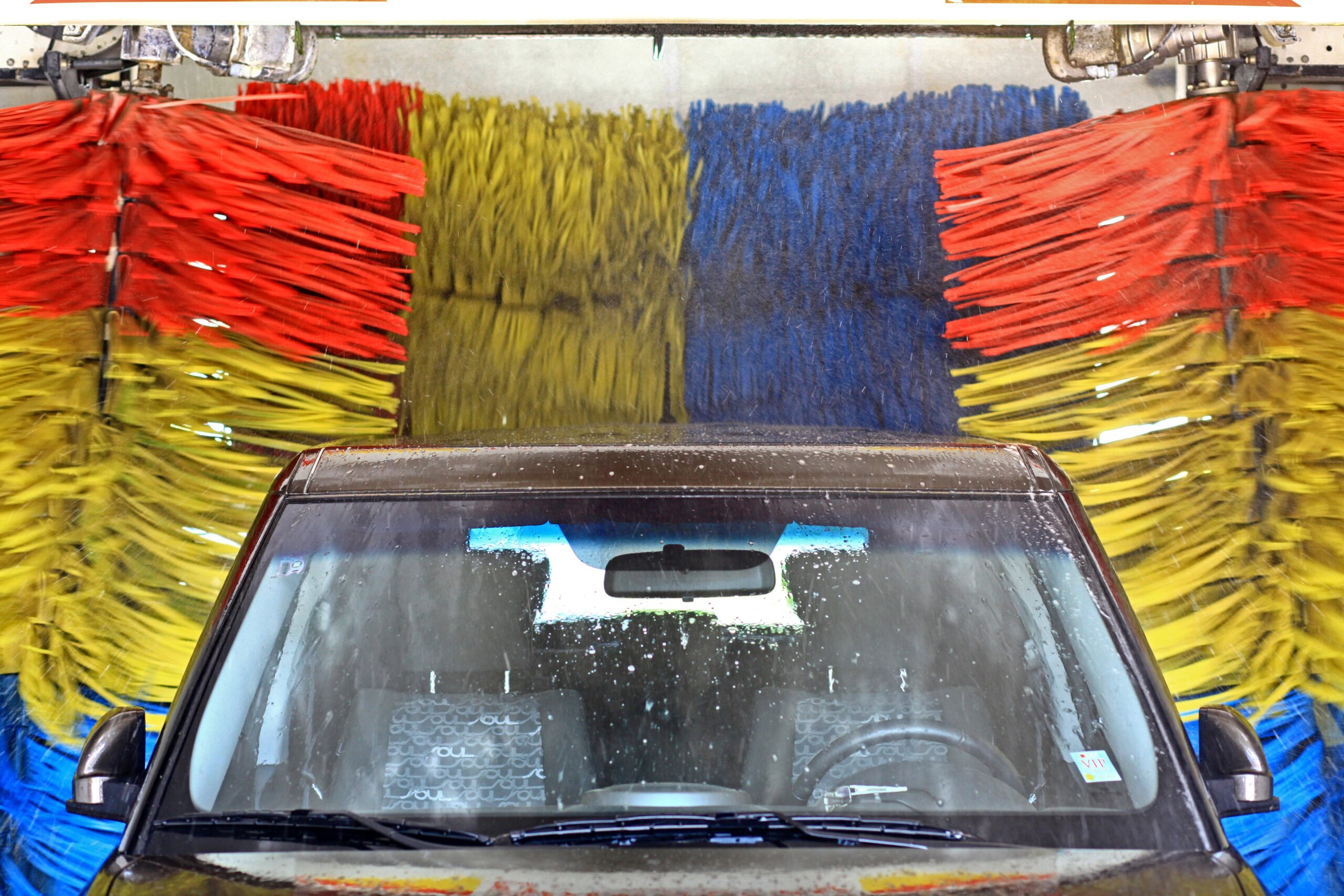
When you’re entering into a new contract, a surety bond is one of the best ways to reassure all parties that your company will fulfill its obligations.
As a company focused on resource extraction, a Reclamation Bond can help reassure stakeholders that you will follow guidelines for site reclamation once your project is complete.
What is a Reclamation Bond?
Mining has an impact on the land and water around it, and after the mining operation has changed or has been completed, companies have a responsibility to ensure that the land and water are safe for future generations of people, plants, and animals.
Reclamation or remediation is a way to help restore some of these ecological functions.
A Reclamation Bond is a type of surety bond that ensures the company responsible for mining will also be responsible for the cleanup.
For more information on state-specific Reclamation Bonds, including bond amounts and bond forms, view the bottom of the article for contact details.
Have you been told you need to provide a Reclamation Bond? Here are 4 facts that you’ll want to know before getting started:
4 Facts About Reclamation Bonds
#1: Reclamation Bonds Are Contracts, Not Insurance
A Reclamation Bond is a contract between three parties.
- As a company, you are considered the Principal. You get the Reclamation Bond to reassure those on the other side of the contract that you can and will fulfill your contractual obligations (the cleanup of the mining site.)
- The other party is called the Obligee. The Obligee is protected by the bond.
- The last party is called the Surety. The surety is the company that issues the surety bond.
If you fail to comply with the conditions of the contract, someone can make a claim against your bond. If the claim is determined to be valid, the surety company will pay out the other party to cover the costs.
Unlike insurance claims which are not expected to be paid back, surety claims must be reimbursed. You are responsible for every penny paid out on a bond claim.
You can learn more about the bond claim process.
#2: Companies Must Comply With High Standards for Operations and Reclamation
The Surface Mining Control and Reclamation Act governs US mining activities. When it comes to reclamation and management of the project during its lifetime, companies have multiple obligations to protect landowners and the ecological integrity of an area over time.
Permit applications must include detailed operation and reclamation plans to outline how the area will be managed during mining operations and cleanup.
View Reclamation Bonding Facts from the Office of Surface Mining Reclamation and Enforcement.
#3: Reclamation Bonds Have Many Stakeholders
Unlike other surety contracts, Reclamation Bonds have many stakeholders.
They may be regulated through a government agency, but the company must take into account the needs of multiple landowners and users, water and soil quality, and ecological functioning.
#4: Reclamation Bonds Provide Long Term Certainty
Unlike a construction project which may be completed within months or years, a mining project can go on for a very long time before the resource is exhausted or the mine is closed. During that time, the company can undergo many changes.
For this reason, it’s especially important to secure a Reclamation Bond to ensure that the company can manage the cleanup many years down the road. Reclamation Bonds provide certainty to all stakeholders in the mining operation, so that projects that are closed many years from now will still be reclaimed and restored.
How to get a Reclamation Bond
Companies involved in resource extraction will need to work closely with a surety bond company to look at options for Reclamation Bonds.
The first step to get a Reclamation Bond is to apply. After applying, a bond company will examine the company’s financial history and ability to manage projects and will look at how they can best support the company in its efforts to secure a bond.
The cost you will have to pay will be based on your personal credit score and other factors. Collateral might be required depending on the type of bond and the specific mining operation being conducted. For example, some mining jobs take many years to complete and therefore the surety might require collateral to write the bond.
The best way to see what you’d pay for your Reclamation Bond is to get a free quote:
Get a free Reclamation Bond quote
More Information
For technical assistance with the legal and administrative aspects of Reclamation Bonds, including questions about bond forms, contact one of the following staff members from the Office of Surface Mining Reclamation and Enforcement (OSMRE):
- Matthew Hulbert at 303-293-5034 (Denver, Colorado)
- Karen Jass at 303-293-5037 (Denver, Colorado)
- Tamara Bowling at 865-545-4103, Ext. 149 (Knoxville, Tennessee)
For technical assistance with the calculation of reclamation bond amounts, please contact one of the following OSMRE staff:
- Paul Behum at 618-463-6464, Ext. 122 (Mid-Continent Region)
- Karen Jass at 303-293-5037 (Western Region)
- Jim Elder at 865-545-4103, Ext. 140 (Knoxville Field Office)
Related Posts







